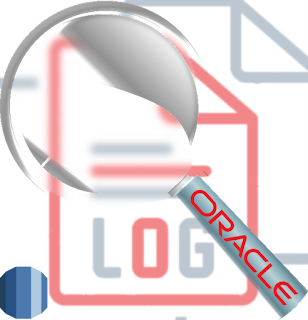Creating trace file, writing to alert.log and retrieve using Amazon RDS for Oracle

Since in Oracle RDS environment, we don't have a direct access to the operating system I have recently been asked to provide a workaround from the database. A procedure that: 1. Write to the alertlog 2. Generate a trace file (no matter its content). 3. Let the user know how to query a. The alertlog b. The trace file Oracle RDS implementation enable us this functionality without a need to create objects or have a special grants. SET SERVEROUTPUT ON VERIFY OFF FEED OFF LINES 300 PAGES 200 DECLARE full_file_name VARCHAR2 (512); file_name VARCHAR2 (512); MESSAGE VARCHAR2 (1024); ALERT_TABLE VARCHAR2 (30); rds_exists NUMBER; TABLE_MISSING EXCEPTION; PRAGMA EXCEPTION_INIT (TABLE_MISSING, -942); FUNCTION FIND_VIEW (object_name ...

